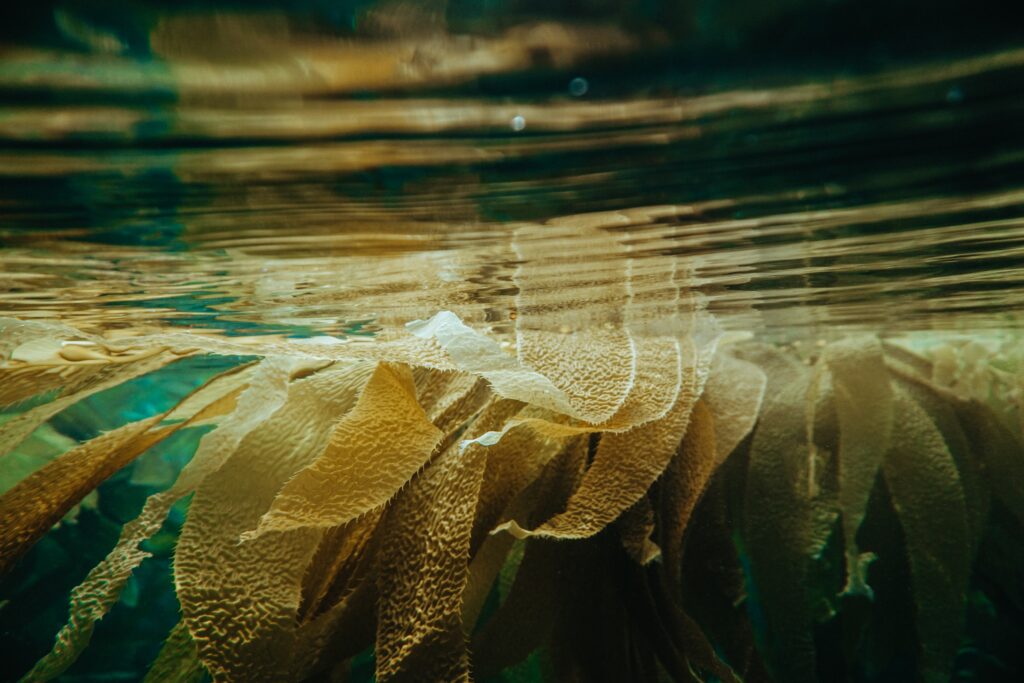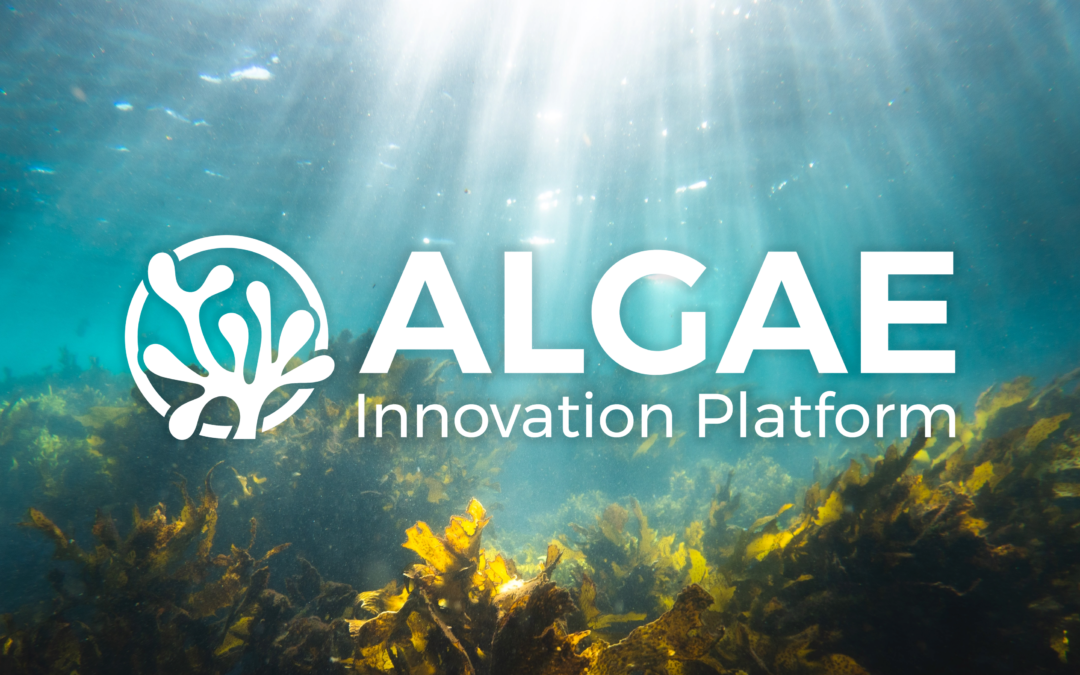It is commonly known that we all have to change our habits and behaviour going forward to protect our environment. At the same time, seaweed is seen as an important future feedstock for Europe, providing biomass for food, feed, and other applications. Simultaneously, the vast majority (> 80% in 2016) of the 32 million tons of fresh weight macroalgae that are cultivated yearly takes place in China and Indonesia, whereas Europe only stands for a small percentage of the total cultivation (FIGIS – Fisheries Statistics – Aquaculture, 2021; Lähteenmäki-Uutela et al., 2021).
Why the Focus on Algae in East Anglia?
Norfolk and Suffolk have over 140 miles of coastline bordering the North Sea, which is currently being developed into a thriving energy- and raw-material-generating region. East Anglia is therefore an ideal place to grow an industry based on the resources from the sea, and Hethel Innovation has recently put algae on the agenda. This was also instigated after various conversations with local businesses interested in accelerating this focus in the region. Accordingly, since June, Hethel Innovation has gathered people in the region interested in various applications of algae to come together and share their expertise as a part of the newly established Algae Innovation Platform (AIP). This initiative aims to collaborate to better understand what is needed to develop a seaweed industry in East Anglia with local supply chains and to understand and map the current barriers for development.

What Has Been Discussed So Far?
In the first two meetings of the platform, the conversations and presentations have been based on how we can work together to establish a viable and sustainable seaweed industry in East Anglia that can benefit local businesses and the broader regional economy. However, it is acknowledged that this will require strong supply/value-chains, investment and innovation.
The second meeting of the AIP took place on the 15th of July and saw some great discussions on licencing application barriers for seaweed farming, impacts of a seaweed industry, current gaps in the supply chain and how we can collaborate to maximise the opportunities within the region going forward.
From the topics discussed, there are a couple of areas that will become focus areas of the AIP as we advance:
- Conduct a feasibility study to test the viability and interest for seaweed in the region – the aim with this is that it will feed into an industry development plan, which will aid the AIP in accelerating a seaweed industry in the region and attract funding/investment.
- Investigate the possibility of setting up a pilot project/testbed for seaweed farming off the Norfolk coast.
- Source funding opportunities for the feasibility study and a pilot project/testbed.
- Work to understand and minimise the current barriers associated with licence applications to achieve an easier and more successful license application process for seaweed farming.
As the AIP progresses, the group will work together towards the unified long-term goal, which is that the platform will lead to cross-sector collaboration and commercialisation and scale-up projects that won’t only benefit you but also the environment.

Want to Join Our Next Meeting?
If you currently are working with algae (either micro or macro) or found what you just read interesting and want to learn more about the platform, then you can view the event page and sign up for our next meeting that is taking place on the 23rd of September between 11am-1pm here. The next meeting will contain discussions that will allow the group to expand on the focuses identified during the last meeting, and the group will also work towards creating a clear plan for the road forward. The AIP meetings are a place that will enable you to connect with other like-minded people in the area and is also a space for you to share your innovative ideas, so come along and find out how you can contribute to developing an industry for algae in East Anglia!
For further information about the AIP, please email Rikke Nagell-Kleven at rnagell-kleven@hethelinnovation.com.
References
Lähteenmäki-Uutela, A., Rahikainen, M., Camarena-Gómez, M., Piiparinen, J., Spilling, K. and Yang, B., 2021. European Union legislation on macroalgae products. Aquaculture International, 29(2), pp.487-509.
Fao.org. 2021. FIGIS – Fisheries Statistics – Aquaculture. [online] Available at: http://www.fao.org/fishery/statistics/global-aquaculture-production/query/enhttp://www.fao.org/fishery/statistics/global-capture-production/query/en [Accessed 13 September 2021].



Great to see information about the AIP getting airtime!
Seaweed offers a wealth of opportunities to a sustainable circular economy, essential to mitigating anthropogenic global warming and keeping people fed.